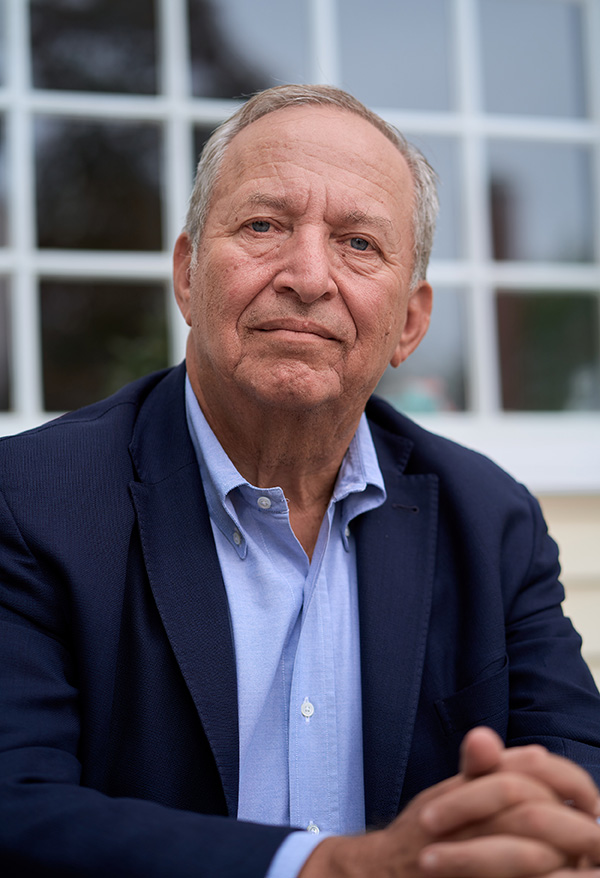Secretary Lawrence H. Summers

Lawrence H. Summers was sworn in as the 71st Secretary of the Treasury in July 1999 after serving as Under Secretary for International Affairs and Deputy Secretary of the Treasury. From 1991 to 1993 he served as Chief Economist of the World Bank, where he played a key role in designing strategies to assist developing countries. Before coming to Washington, Summers had a distinguished academic career as the Nathaniel Ropes Professor of Political Economy at Harvard University.
As Under Secretary and Deputy Secretary of the Treasury, Summers worked closely with Secretaries Bentsen and Rubin in formulating domestic and international economic policies. He played a key role in designing the United States support program for Mexico in the wake of its 1995 financial crisis and in crafting the international response to the Asian financial crisis of 1997. As Deputy Secretary, Summers was also instrumental in the introduction of indexed Treasury debt securities and in the reform of the Internal Revenue Service. When President Clinton appointed Summers as Secretary of the Treasury, he called Summers "a critical part of our economic team during the entire life of this administration."
During Summers' tenure as Secretary of the Treasury, the United States used budget surpluses to repurchase Treasury debt for the first time since the 1920's, and extended the life of the Social Security and Medicare trust funds. Summers led efforts to modernize the financial system, extend financial privacy protections, provide for digital signatures, and insure the viability of the over-the-counter derivatives market. Summers also championed reforms to address corporate tax shelters and predatory lending practices.
Internationally, Summers worked to address the challenges presented by modern capital markets. His work with the International Monetary Fund contributed to a more effective surveillance of financial vulnerabilities, greater transparency in the international financial system, the introduction of new lending facilities to deal with capital account crises, and improvements in IMB lending practices. Summers was a key figure domestically and internationally in securing significant expansion in debt relief for the world's poorest and most indebted countries. This measure led to the increased availability of funds for primary health care and education in a number of countries. Summers also unveiled the first National Anti-Money Laundering Strategy, and led international efforts to limit the abuses of tax and regulatory havens. He also played an important role in negotiating the United States' agreement to allow China to join the World Trade Organization. During Summers' tenure, the United States marked the longest period of sustained economic growth in its history.
